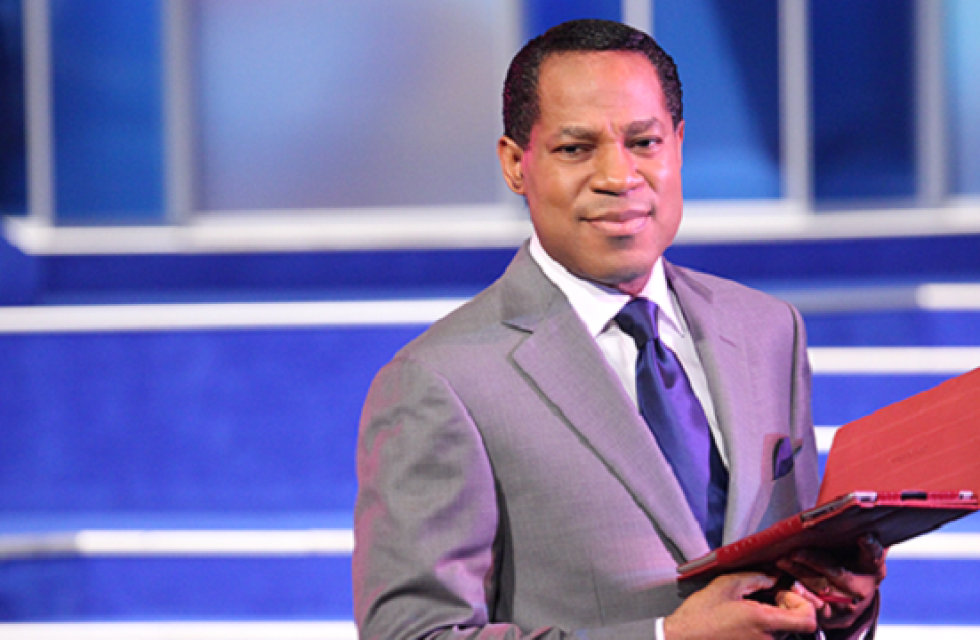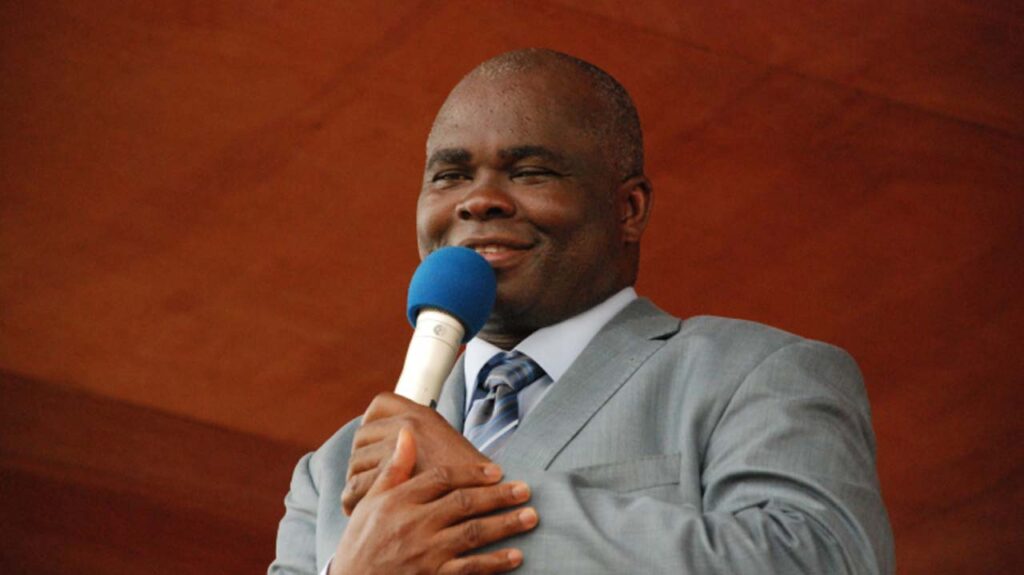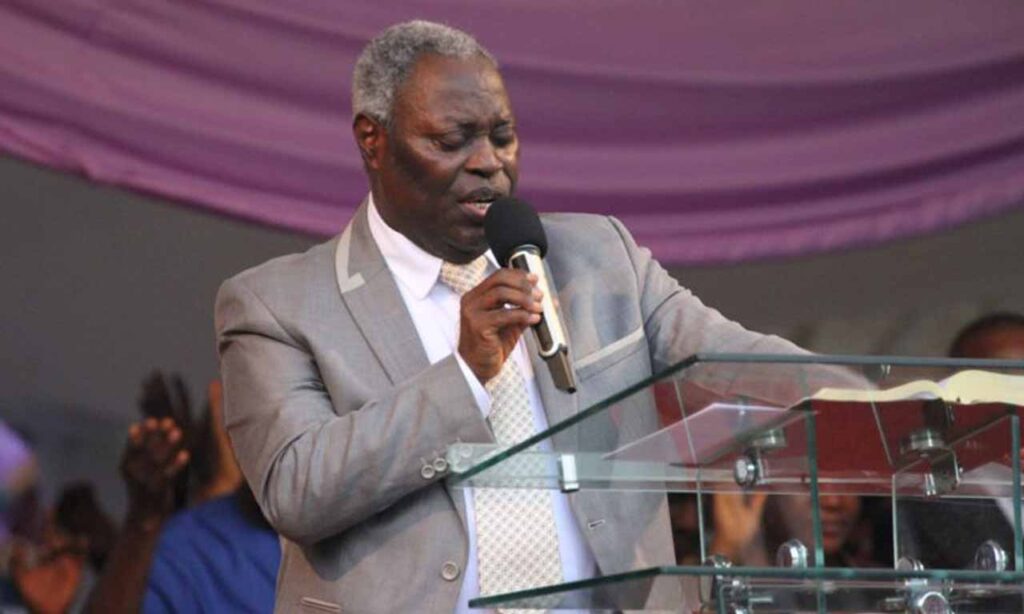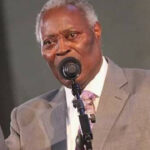
The success of the early church was underscored by the fierceness of the opposition they faced, and the persecution they experienced. In one instance, a notable disciple, Stephen, was accused of speaking blasphemous words against Moses, against God, against the temple and against the law (Acts 6:11,13).
False witnesses were set up who said, “we have heard him say, that this Jesus of Nazareth shall destroy this place, and shall change the customs which Moses delivered to us,” (Acts 6:14). This is why Stephen’s accusers brought him before the council of elders to answer to these weighty, but unfounded charges.
“Then said the high priest: “Are these things so?” The message in this chapter was given in response to that question. In his response, Stephen identified with the nation, using the words, “our father Abraham” (verse 2), “our fathers” (verses 15,19,38,39,44,45), “our kindred” (verse 19).
He also recognised God as “the God of glory” (verse 2), “the God of Abraham, and the God of Isaac, and the God of Jacob” (verse 32). He affirmed his respect for Moses. He said: “Moses was exceeding fair” (verse 20), “Moses was learned in all the wisdom of the Egyptians, and was mighty in words and deeds,” (verse 22). “This Moses did God send to be a ruler and a deliverer” (verse 35). Concerning “this holy place” (the temple), he reminded them that God said, “and after that shall they come forth, and serve me in ‘this place’” (verse 7). “But Solomon built Him an house” (verse 47). “Howbeit the most High dwelleth not in ‘temples’ made with hands; as saith the prophet,” (verse 48).
And how about the law? He recognised the exalted place of “the law received by the disposition of angels” (verse 53). But even with this concessions, he pointedly convicted them of disobedience and rebellion, “and have not kept” the law (verse 53). The nation of Israel, not Stephen, was guilty of disobeying the law, of unholy worship in the temple, the holy place, of rejecting Moses and the Messiah of whom he spoke, of dishonouring the God of glory. Israel was guilty and unrepentant, and defiantly proceeded with the unjust prosecution of Stephen.
“The God of glory appeared unto our father Abraham.” Stephen’s devotion to God was unsurpassed by any of his accusers. To him, He is the God of glory, the glorious God, who is full of majesty, splendour and magnificence. He used the title, “the God of glory,” which appears in only one other place in the Old Testament to show his indisputable reverence for God, “the Most High,” (Acts 7:48). The charge of blasphemy against him was baseless; he regarded the Most High God as worthy of honour, adoration, majesty, exaltation, praise, worship, obedience and submission.
The Jews also referred to Abraham as their father and took much pride in being the children of “our father Abraham.” So, Stephen affirmed that he was not a stranger to “our father Abraham” (Acts 7:2), neither was he a foreigner in Israel (Acts 7:19). And he was not ignorant of the history of God’s chosen people. He caught everyone’s attention as he began his defence from God’s call to Abraham. His intention was not just to narrate history. He was leading them to contrast their disobedience with Abraham’s obedience, their unbelief with Abraham’s faith, their self-centredness with Abraham’s sacrifice, their superficiality with Abraham’s spirituality, their rigid temple worship with Abraham’s moveable altar of worship, their religion of hatred, violence and murder with Abraham’s religion of love towards Lot and others, their attachment to the law with Abraham’s attachment to the Lord (John 8:37-44,56-58; Matthew 3:9,10).
• Further reading (King James Version): Acts 7:1-16. Acts 7:1-3; Psalm 29:3-11; Genesis 12:1-4; Joshua 24:2,3; Nehemiah 9:7,8; Isaiah 51:1,2; Genesis 13:10-18; 15:4-7; Hebrews 11:8-10; Genesis 17:1-8; 22:16-19; Romans 4:12-16. Acts 7:4-8; Genesis 15:5-7, 13-16; 17:9-14; Exodus 6:7,8; Nehemiah 9:7-11; 2 Chronicles 20:7; Romans 4:1-5, 9-12,16,22-25; Acts 13:38-41; Romans 2:28,29; Colossians 2:9-11; Deuteronomy 30:6; Hebrews 11:9,10,13-16. Acts 7:9-16; Genesis 37:4-11,28; Matthew 27:17,18; Genesis 39:2,5,21-23; Psalm 105:19-22; Genesis 42:1-24; 45:1-18; Zechariah 9:9; 12:10; Romans 11:25-27; Matthew 23:37-39; Acts 4:12.












